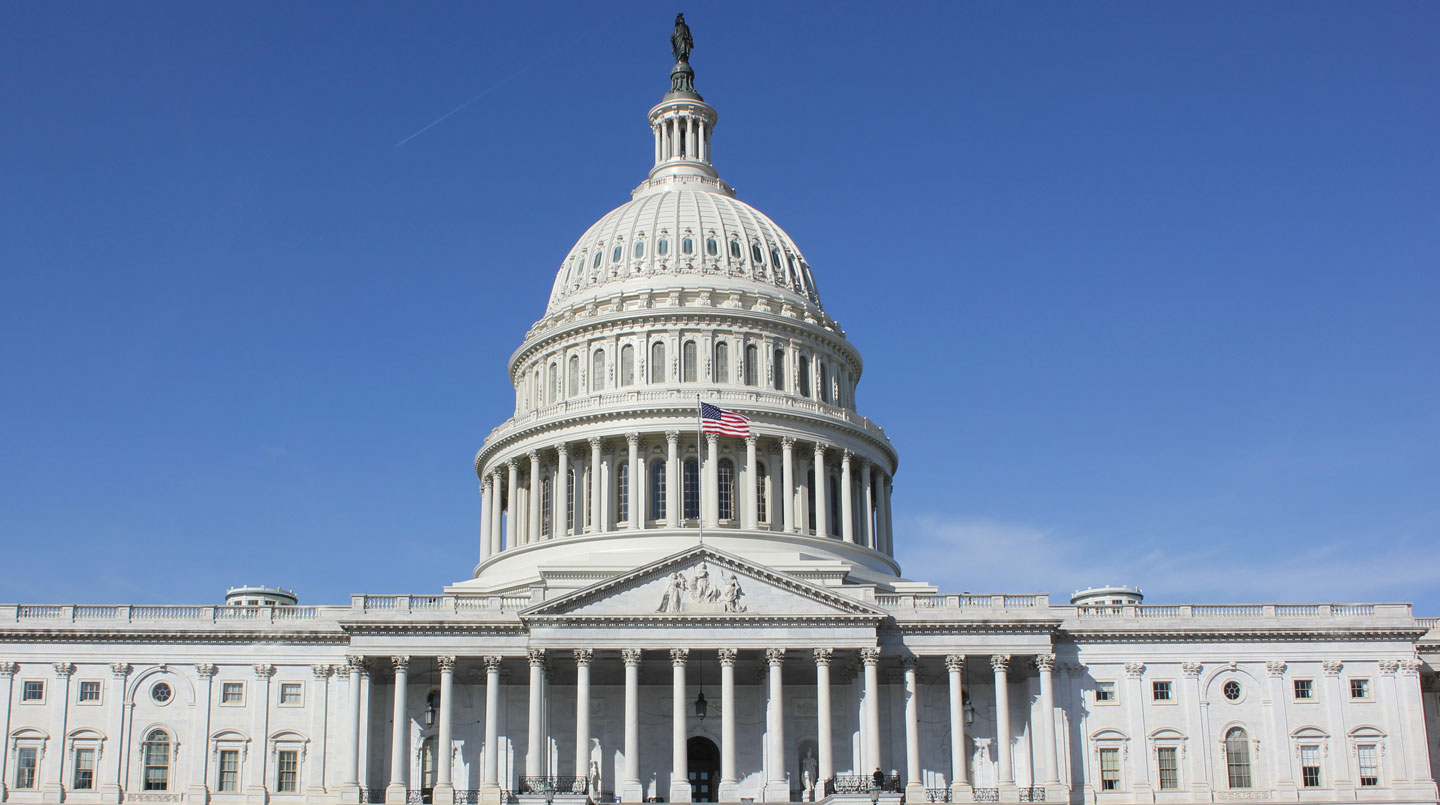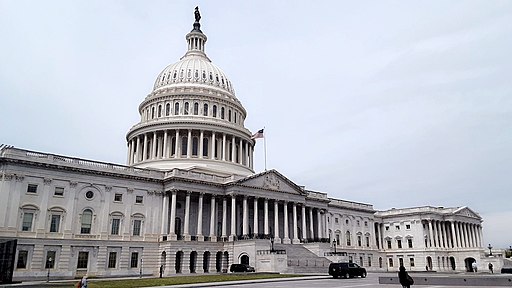Tag: runoff
-
Kelly Daughtry (R) and Brad Knott (R) are running in the Republican primary runoff in North Carolina’s 13th Congressional District

Kelly Daughtry (R) and Brad Knott (R) are running in the Republican primary runoff in North Carolina’s 13th Congressional District on May 14, 2024. Daughtry and Knott were the top two finishers in the March 5 primary with 27.4% and 18.7% of the vote, respectively. Incumbent Wiley Nickel (D) did not seek re-election, leaving the…
-
Jacksonville, Florida, voters to decide runoff races

The general runoff for Jacksonville, Florida, is on May 16, 2023. The general election was held on March 21, and the filing deadline to run passed on Jan. 13. Candidates are competing for property appraiser, city council, and mayor. The general elections for sheriff, supervisor of elections, and tax collector were canceled after no more…
-
Texas holding local runoff elections on December 13

Two cities in Texas are holding nonpartisan general runoff elections on December 13, 2022. In Corpus Christi, three city council seats will be on the ballot. Three city council seats will also be on the ballot in Austin, along with the mayor. The runoff elections were required after no candidates received a majority of votes…
-
Turnout in Georgia Senate runoff was 90% of November election turnout

The office of Georgia’s Secretary of State Brad Raffensperger reported that 3.5 million Georgians voted in the runoff election for U.S. Senate this year. That number 25% less than two years ago, when 4.5 million Georgians cast their ballots in the runoffs that took place on January 5, 2021. This year, 44.7% of all registered…
-
Israel, Watson running in Dec. 13 runoff for mayor of Austin

Celia Israel and Kirk Watson are running in the Dec. 13 nonpartisan general runoff election for mayor of Austin, Texas. Israel and Watson, who have both served in the state legislature as Democrats, were the top two vote-getters in the Nov. 8 general election. Israel received 40% of the vote and Watson received 35% of…
-
Raphael Warnock (D) and Herschel Walker (R) are running in the runoff for U.S. Senate in Georgia

Incumbent Raphael Warnock (D) and Herschel Walker (R) are running in the runoff election for U.S. Senate in Georgia on December 6, 2022. Warnock and Walker were the top-two vote-getters in the November 8, 2022, general election, with Warnock winning 49.4% of the vote to Walker’s 48.5%. Libertarian Chase Oliver won 2.1% of the vote…
-
Raphael Warnock (D) and Herschel Walker (R) are running in the runoff for U.S. Senate in Georgia

Incumbent Raphael Warnock (D) and Herschel Walker (R) are running in the runoff election for U.S. Senate in Georgia on December 6, 2022. Warnock and Walker were the top-two vote-getters in the November 8, 2022, general election, with Warnock winning 49.4% of the vote to Walker’s 48.5%. Libertarian Chase Oliver won 2.1% of the vote…
-
Public defender and deputy district attorney advance to runoff for Office 67 of the Superior Court of Los Angeles County

Elizabeth Lashley-Haynes and Fernanda Maria Barreto advanced from a nonpartisan primary for Office 67 of the Superior Court of Los Angeles County after finishing first and second over a third candidate, Ryan Dibble. Lashley-Haynes received 37% of the vote in the June 3 primary followed by Barreto with 36%. Since neither candidate received over 50%…
-
Mullin and Shannon advance to Aug. 23 special runoff for U.S. Senate in Oklahoma

Markwayne Mullin and T.W. Shannon advanced to an August 23, 2022, Republican primary runoff in the special U.S. Senate election in Oklahoma. Neither received the majority of the primary vote needed to win outright on June 28. Ten candidates ran in the primary. The special election will fill the rest of the six-year term left…
-
Vallejo defeats Ramirez in Texas’ 15th Congressional District Democratic primary runoff after recount

A recount of votes in the May 24 Democratic primary runoff in Texas’ 15th Congressional District showed Michelle Vallejo defeating Ruben Ramirez by 35 votes, according to an announcement by the Texas Democratic Party on June 17. Vallejo declared victory in the runoff election on June 1 after unofficial results showed her leading Ramirez by…

